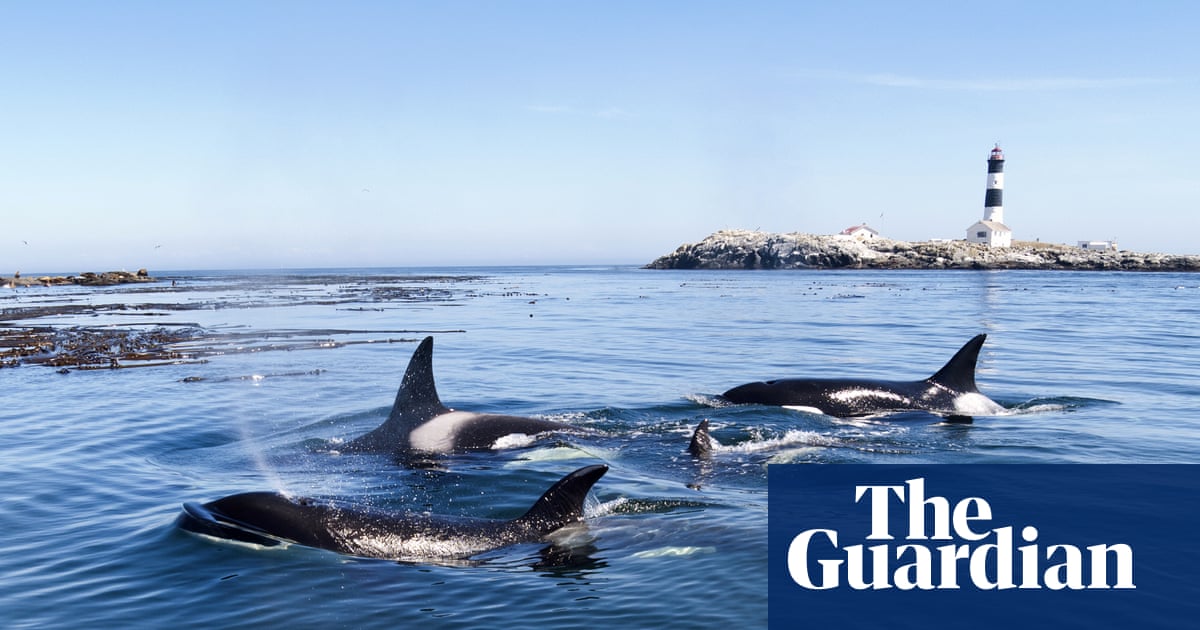
A killer whale stranded off Canada’s west coast has died despite efforts to rescue her, but residents and marine officials hope a changing tide will save her orphaned calf.
On Saturday, members of the Ehattisaht First Nation, a coastal community along the north-western reaches of Vancouver Island, spotted an orca trapped on a rocky outcropping.
With the tide low, dozens rushed to help the ailing whale, working to keep her alive and shift the body back into the water.
“Mum was trying to help us for a little bit, [until] she got tired. Not long after we noticed she was struggling to breathe so we tried lift her head, she soon became deceased, Judae Smith, who oversees operations and maintenance in the Nuchatlaht First Nation’s fisheries department, wrote on Facebook.
Audio from hydrophones in the water captured the calf calling out to her mother as it swam in circles in the shallow water.
“It was devastating, my heart was gasping for air, knowing that there was a baby there,” resident Jessie Mack, told Ha-Shilth-Sa, the local newspaper.
Smith said community members later covered the deceased orca in cedar boughs overnight before a necropsy could be completed.
The Marine Research and Education Society, a British Columbia-based conservation charity, identified the mother as T109A3, born in 2009. Her calf, T109A3A, was born in 2022. Both are Bigg’s, or transient, killer whales – an ecotype that feeds on seals, sea lions, porpoises, dolphins and other whales.
The mother and calf would have probably entered the Little Espinosa inlet during high tide, quietly stalking prey. But the mother was probably caught in a shallow area during sharp change in the tides after successfully hunting a seal.
“When the tide ebbs in this particular spot, it happens very quickly,” the Marine Research and Education Society wrote on Facebook.
The deep relationship between killer whales was on display in 2018, when a mother pushed the body of her dead calf for days, seemingly refusing to leave her baby behind after her pod left.
On Sunday, Ehattisaht First Nation reported orcas in the area, giving fresh hope the calf could return to the open water.
Jared Towers, executive director of Bay Cetology, told local media with the right tides and coaxing from community members in boats, the whale would have a chance of reuniting with other members of the pod. “We’ve had a case like this on the coast in 2013 when a calf was separated from its family, and once we got it back into open water, it connected with other killer whales, and it is alive and doing very well to date so I have hope that even though this is a two-year-old that it can connect with its family.”
Read More: World News | Entertainment News | Celeb News
Guardian








